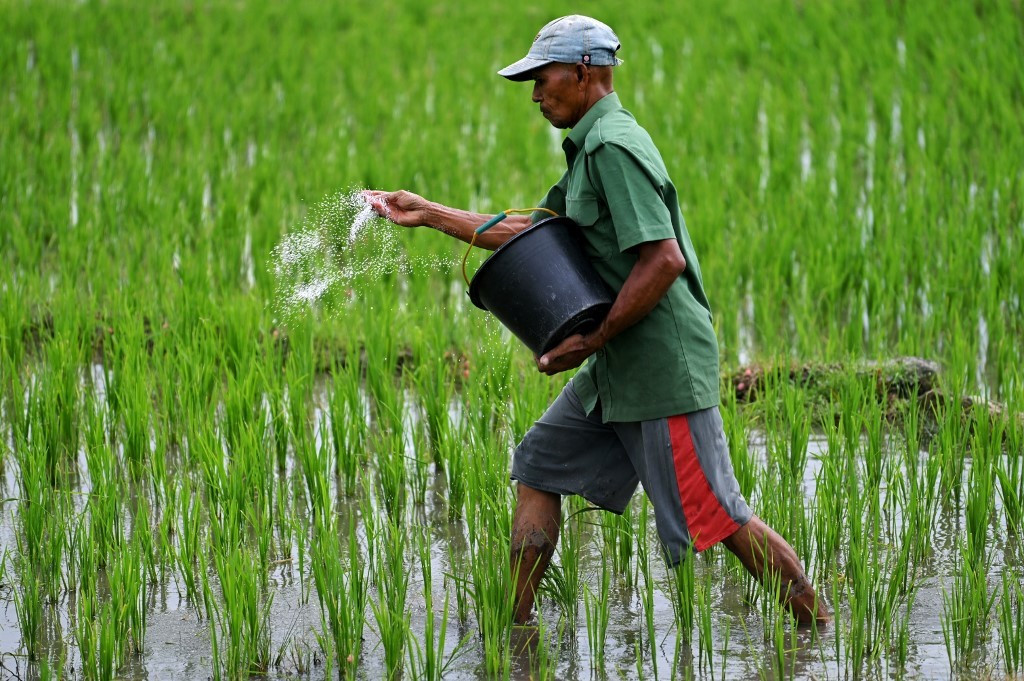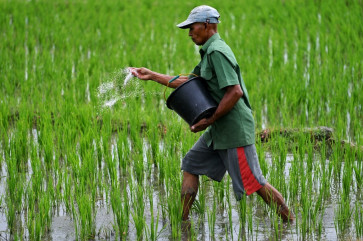Popular Reads
Top Results
Can't find what you're looking for?
View all search resultsPopular Reads
Top Results
Can't find what you're looking for?
View all search resultsReframing economic security: Indonesia’s strategic path forward
Where great powers wield economic security as offense, middle powers view it as defense.
Change text size
Gift Premium Articles
to Anyone
E
conomic security has increasingly become a prominent topic of discourse amid intensifying power competition. Developed nations are aggressively safeguarding their industrial bases, supply chains and technological dominance.
The United States, for example, openly declared that “economic security is national security,” pivoting from decades of free-trade doctrine to protective measures and industrial policies.
Allies have followed suit. By 2022, nearly every European Union country had set up investment screening to shield strategic industries, the United Kingdom has launched a new investment vetting regime, Japan has appointed an economic security minister and South Korea has formed a task force on critical supply chains.
Under Trump 2.0, securitization of the economy is even more intensified with tariff -based foreign policy. Economic policy is increasingly being weaponized as a tool of statecraft by the major powers.
As a middle power with a less industrialized economy, Indonesia must engage with this conversation carefully.
While economic security is undeniably relevant, the challenge is to distinguish which aspects of the economic security agenda are truly necessary for Indonesia’s resilience, and which reactions might be counterproductive for its growth.
Where great powers wield economic security as offense, middle powers view it as defense.



















